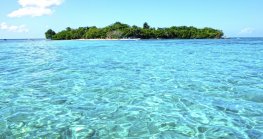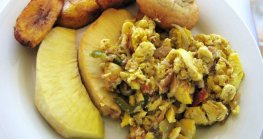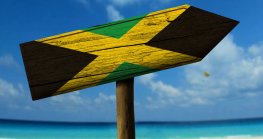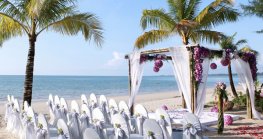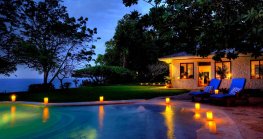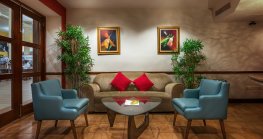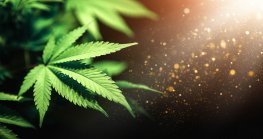Weights and measures
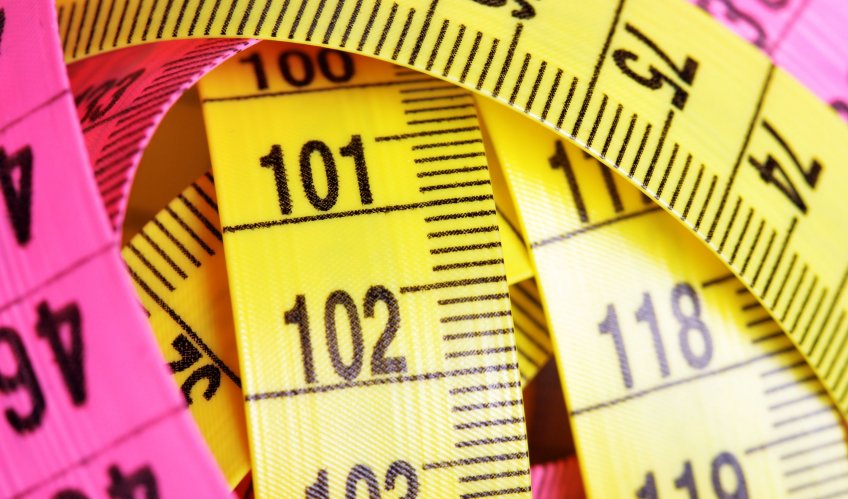
Although there has been an effort in past years to go completely metric across Jamaica, challenges in standardizing the process across the island mean that both metric and imperial weights and measurements are still used and interchanged from one place to another.
Distances are measured in meters and kilometers, although mileposts still exist and locals will give distances in terms of miles and occasionally “chains” (approximately 20 meters). Gas is sold in liters, but coffee, fruit, vegetables, flour, and rice are most often sold by ounce and pound.
Of course, a local may say that something is ‘jus around di corna” or you are told “jus’ a tups more”. These are more informal, suggested ways of measurement in Jamaica but they are often inaccurate.
Bureau of Standards
The Bureau of Standards is the single statutory body in Jamaica that oversees the standardizing of the weights and measurements; and quality of commercial goods and services.
The organization has tried for decades to sensitize local vendors and shopkeepers about the metric system, currently taught in schools. However, there is still a major challenge with conversion. 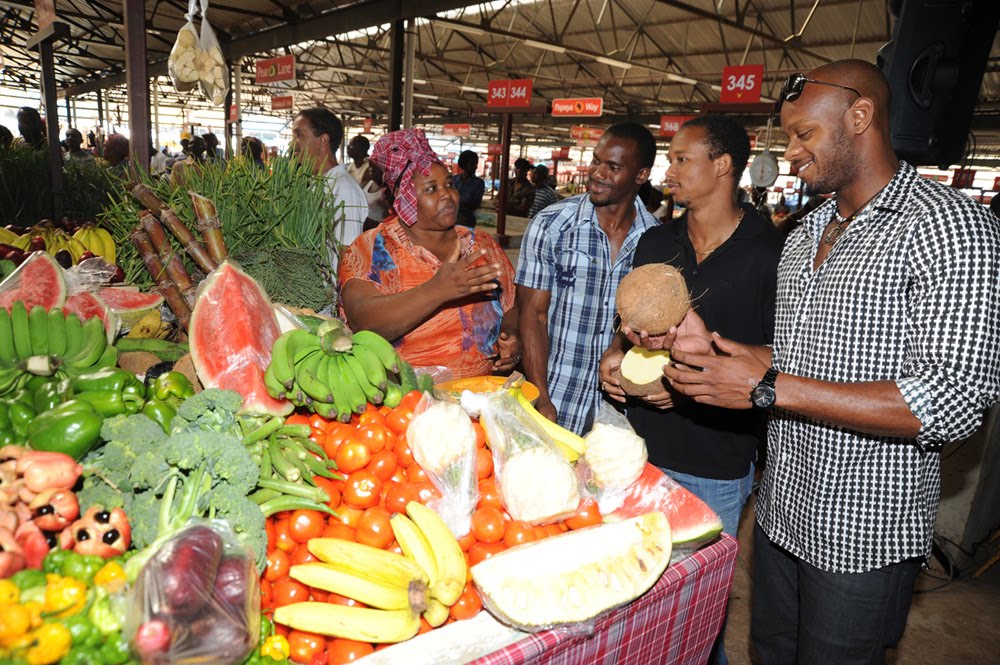
Tips for shopping at the market in Jamaica
It's important to note that regardless of where you choose to shop - a clothes store, a fruits and vegetable market, or even at the gas station, you should always know the quantity that you need.
Navigating the local market may be a challenge for first-time visitors to the island who are not familiar with measuring food in ounces and pounds.
Say for instance you want to buy ingredients to try your hand at the red peas soup you had at dinner a few nights ago. Make a list of the ingredients you will need and how much of each item you'll need.
If for some ingredients you find that you're unsure of the quantity, the vendor would be most willing to help you decide.
You may also find it helpful to keep a handy conversion calculator to use while you shop.
© 2019 Jamaica Experiences All Rights Reserved





